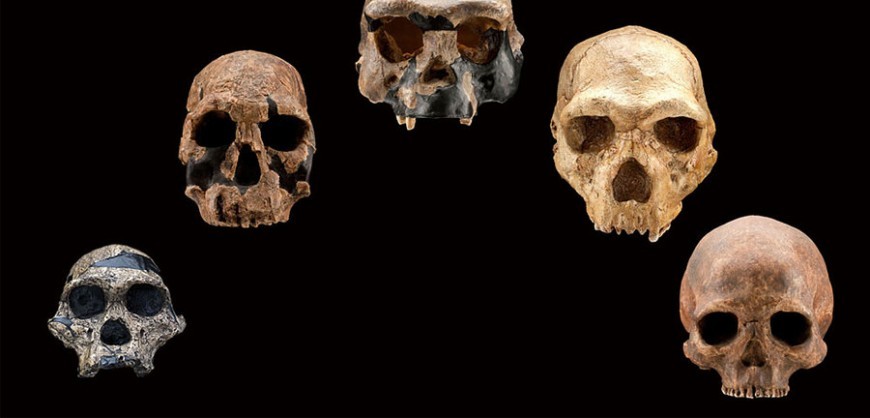A team of international researchers studied all recent fossil discoveries across the world, dated them and figured out that our migration was much earlier and much more scattered than we previously assumed. They say that early humans migrated to other parts of the world and started their own civilizations with their own evolutionary patterns and unique physical characteristics which led to the huge variety we see in modern day humans.
The study published in the journal Science on Friday claims that our estimates of early human migration were off by about 60,000 years.
The new theory, an extension of the old with more of the gaps filled with new evidence, says that long before the giant migration we all know about, small pockets of explorers travelled the world.
“The initial dispersals out of Africa prior to 60,000 years ago were likely by small groups of foragers, and at least some of these early dispersals left low-level genetic traces in modern human populations,” said anthropologist Michael Petraglia of the Max Planck Institute for the Science of Human History and co-author of the study in a press release on their website. “A later, major ‘out of Africa’ event most likely occurred around 60,000 years ago or thereafter,” he added.
Recent discoveries of fossil samples in China and other Asian excavation sites are helping researchers understand the pattern in human development better. Skull samples show fully-developed homo-sapiens in parts of the world where they were not estimated to exist at the time, pointing to a much earlier separation from the initial homo-sapiens settlement.
A “plethora of new discoveries” over the past decade has shown that modern humans, or Homo sapiens, reached parts of the Asian continent much earlier than previously thought, the release said.
In the past year, Homo sapiens remains have been found at multiple sites in southern and central China, going back to between 70,000 and 120,000 years ago. Other fossil discoveries around the world show that modern humans reached areas near Southeast Asia and modern-day Australia before 60,000 years ago.
This mass migration 60,000 years ago contributed to the bulk of the genetic make-up of present-day non-Africans the report said.
The report also suggested that the early migrants even interbred with other species, including Neanderthals and Denisovans in many locations across Eurasia where there were encounters.
The study also estimates that among modern non-Africans today, one to four percent of DNA comes from Neanderthals and as much as five percent may come from Denisovans.
source: archaeology.org































